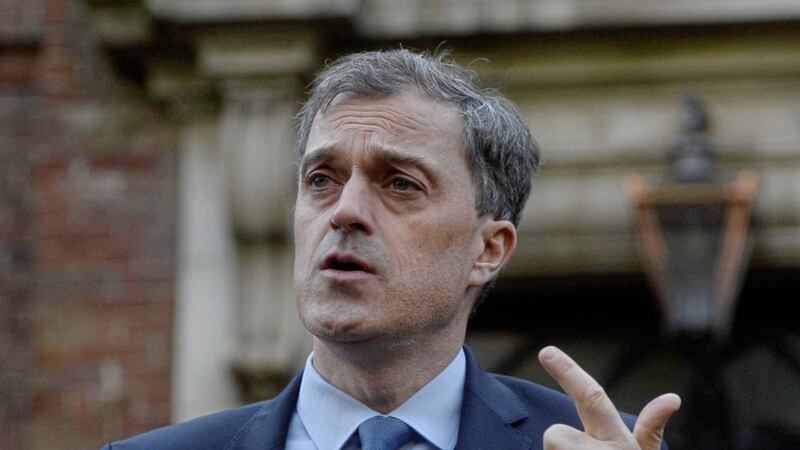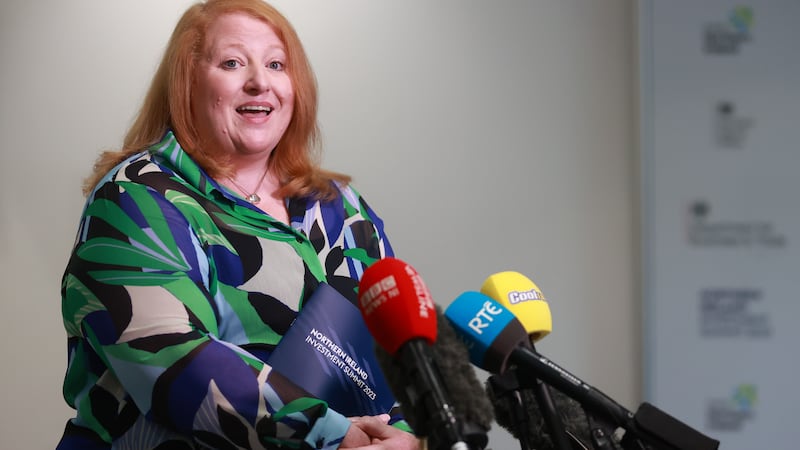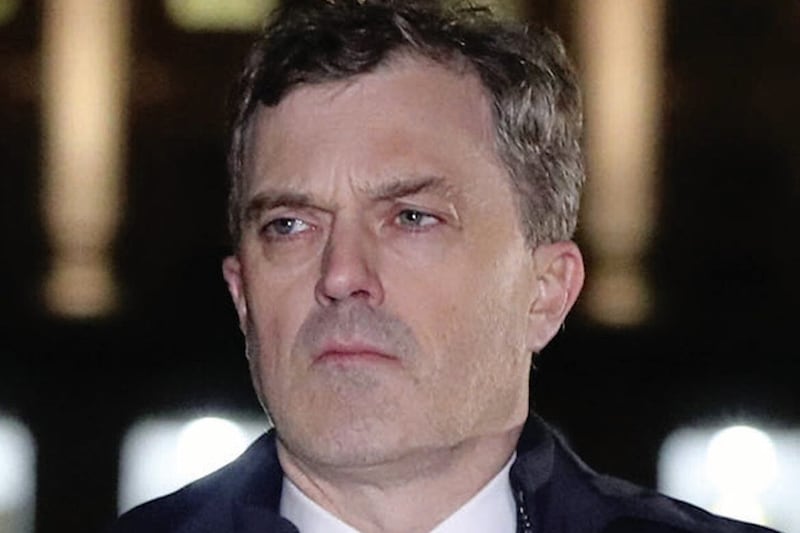IN the almost three years since the devolved institutions collapsed, governing Northern Ireland has been the responsibility of the civil service, overseen by the secretary of state – in theory at least.
It differs significantly from the state of affairs that prevailed for much of the time between the mid-1970s and the Good Friday Agreement, and then the period from 2002 to St Andrews, in that we don't have British government-appointed ministers making decisions about policy and strategy.
Since January 2017 there's been a period of near paralysis in policy terms, with big ticket projects stalled and public services steadily deteriorating, civil servants constrained in the measures they can take without ministerial authority.
Beyond passing the budget at Westminster – the bare minimum to keep the lights on – the British government approach has been one of deliberate inaction and drift.
Typically it is the two unionist parties who over the past three years have urged the imposition direct rule, often using it as a stick to with which to prod Sinn Féin.
But the two governments' desire to see the institutions restored as soon as possible has led to a reluctance to introduce direct rule, which given nationalists' insistence that Dublin have input in such a scenario could make the move doubly controversial – though arguably the objections would cancel each other out.
Yet despite their stated opposition to London taking a greater role in the north's affairs, both Sinn Féin and the SDLP have on at least two occasions called for the secretary of state to intervene.
It happened first with compensation for historical abuse victims but the most recent calls for Julian Smith to take action over the health crisis have by far been the loudest.
The two nationalist parties last week joined their Stormont counterparts in calling for Mr Smith to restore pay parity for the north's nurses.
"In our view this statement, making clear that any health and finance ministers in any future Northern Ireland Executive formed before 13 January 2020 would restore pay parity, provides cover for you as secretary of state to intervene to ensure that pay parity is restored independently of the ongoing talks to restore the executive," a letter from the five Stormont leaders said.
According to Ulster Unionist MLA Doug Beattie, it is "telling" that while there is opposition to direct rule from Sinn Féin and "to a lesser extent" the SDLP, both parties are content for the secretary of state to intervene on certain matters.
Sinn Féin declined to respond to Mr Beattie's remarks, while the SDLP said the best solution to the health crisis was a "locally appointed and accountable health minister as part of a locally devolved executive".
It should also be noted that nationalism was muted in its response to the Westminster legislation that legalised same sex marriage and liberalised abortion law.
Hypocrisy, inconsistency or expediency? Maybe it's a bit of all three with a nod to Groucho Marks, who once remarked: "Those are my principles, and if you don't like them… well, I have others."







